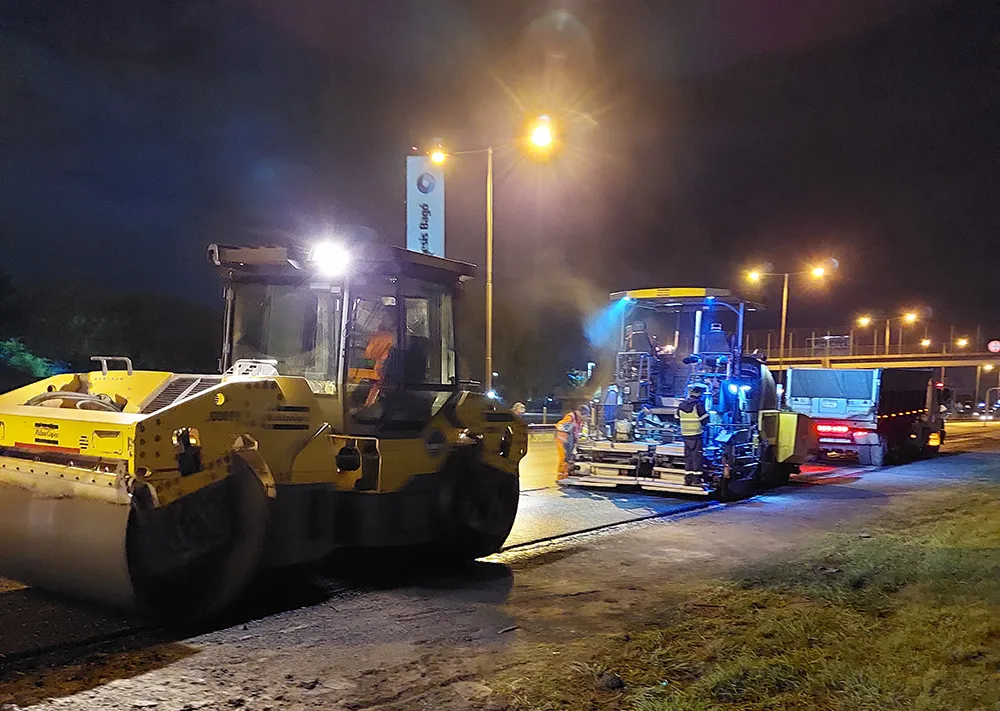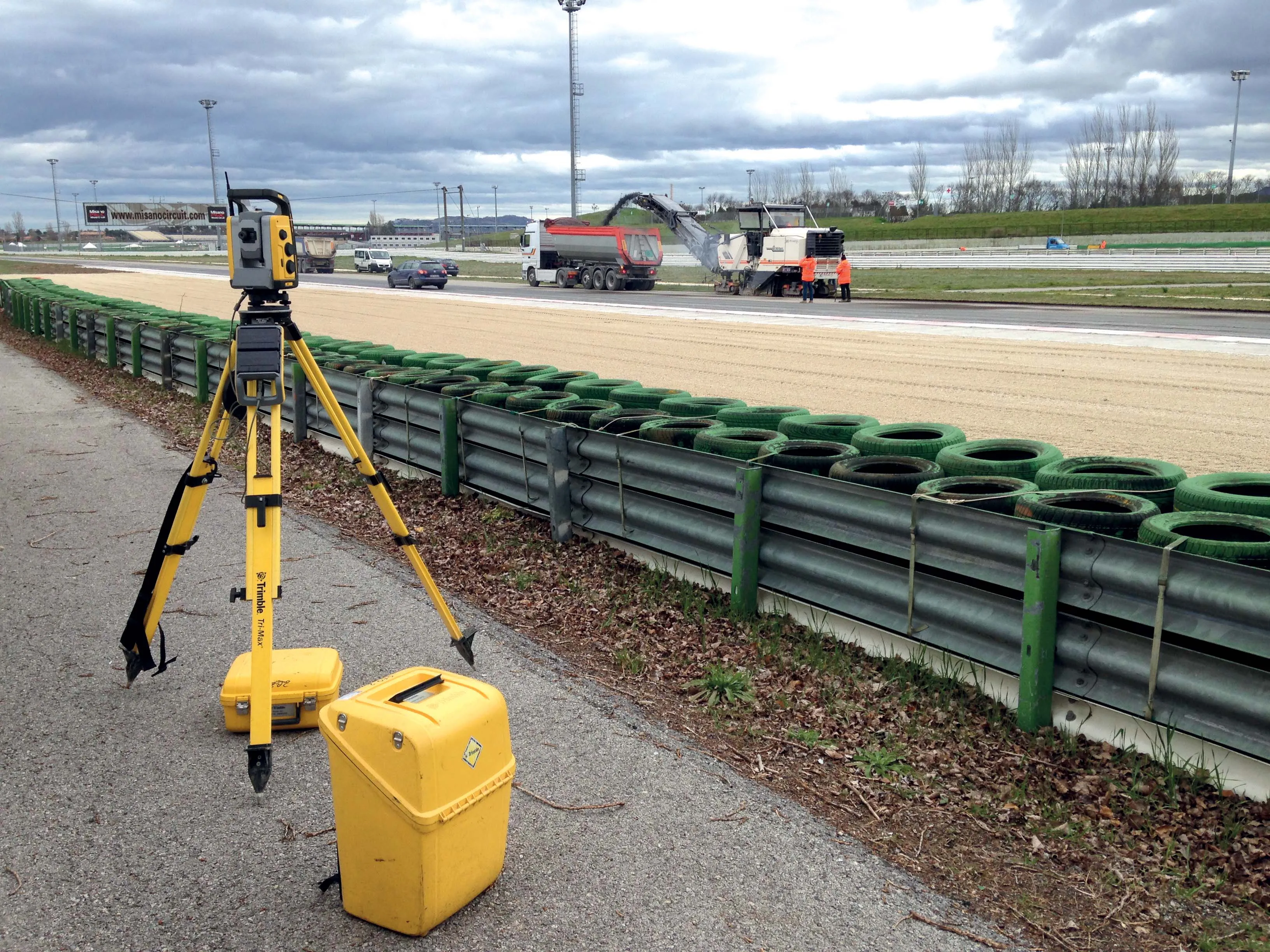In Colombia a big debate is in hand between producers of asphalt and concrete as to which is best for building roads. Colombia has a major programme for road construction with some US$23.54 billion planned to be invested over the next 10 years. Large producers such as Holcim, Cemex and Argos, which sell most of the 11 million tonnes/year of cement consumed in Colombia are involved actively in the debate. Cement firms have estimated that the 15 road projects that are most advanced will need some 8 million to
January 29, 2014
Read time: 2 mins
In Colombia a big debate is in hand between producers of asphalt and concrete as to which is best for building roads. Colombia has a major programme for road construction with some US$23.54 billion planned to be invested over the next 10 years. Large producers such as 2813 Holcim, 3016 Cemex and Argos, which sell most of the 11 million tonnes/year of cement consumed in Colombia are involved actively in the debate. Cement firms have estimated that the 15 road projects that are most advanced will need some 8 million tonnes of asphalt and concrete for various infrastructural and decorative uses as well as the road surfaces, which are usually made with asphalt. Asphalt distributor Modern Energy Supply (MES) has, however, said that the asphalt currently used for Colombian roads will be cost-effective in terms of maintenance over the next 25 years, and that it could supply Ecopetrol to help lower maintenance costs. Concrete producers are said to be considering strategic alliances to convince engineers of the benefits of concrete, which may have higher initial costs, but in the long term require less maintenance. Representatives from both Argos and Cemex have argued that concrete is less susceptible to water damage and potholes. The asphalt suppliers say that asphalt roads have other advantages however. Although the Colombian Infrastructure Chamber (CCI) has said that asphalt and concrete complement each other, the Transport Ministry said in 2008 that the Corredores de Competitividad roads should be made with concrete. The CCI has requested that both alternatives be considered for these roads, as the decision is down to technical reasons outlined by the construction companies.








